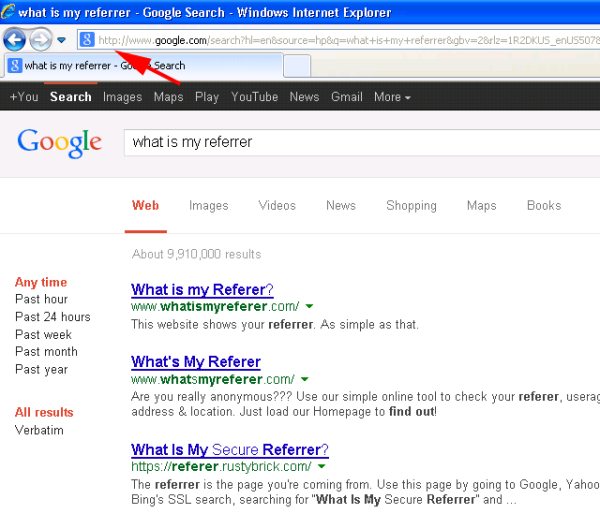IE8 Users Don’t Get Forwarded To Google Secure Search
At the moment, users of IE8, still the most popular version of the Internet Explorer browser worldwide, are being sent to unsecure search on Google. The move to send users to Google regular servers instead of secure servers is related to Google seeming to work through how it deals with people still using the older […]
At the moment, users of IE8, still the most popular version of the Internet Explorer browser worldwide, are being sent to unsecure search on Google. The move to send users to Google regular servers instead of secure servers is related to Google seeming to work through how it deals with people still using the older browser. Webmasters may notice referrer data from IE8 visitors coming from Google turning on and off as a result of this work. Users of other IE versions are still sent to secure search.
With this current switch, the full set of referrer data including the keyword used in the query is passed on to webmasters, since it is secure search that removes this. Here’s a look at a test of this by Barry Schwartz. Notice the URL starts with http rather than the secure https.

Matt Cutts mentioned at SMX West that there would be an issue with passing referrer data from IE8 as Google made some changes on the back end. Presumably, when Google works out these issues, IE8 will again send people to Google Secure Search. Referrer data will be passed but without any keyword data, so webmasters will know Google was the source of the visit, but not what search query was used.
This past fall, Google moved to secure search for nearly all search activity — the exception of ad clicks. Amit Singhal, Google’s head of search, intimated that a change is on the horizon to address the “inconsistency” of withholding referrers for organic but not ad clicks. Advertisers and SEOs alike are waiting to find out what Google determines is “right solution” to the imbalance.
Opinions expressed in this article are those of the guest author and not necessarily Search Engine Land. Staff authors are listed here.
Related stories
